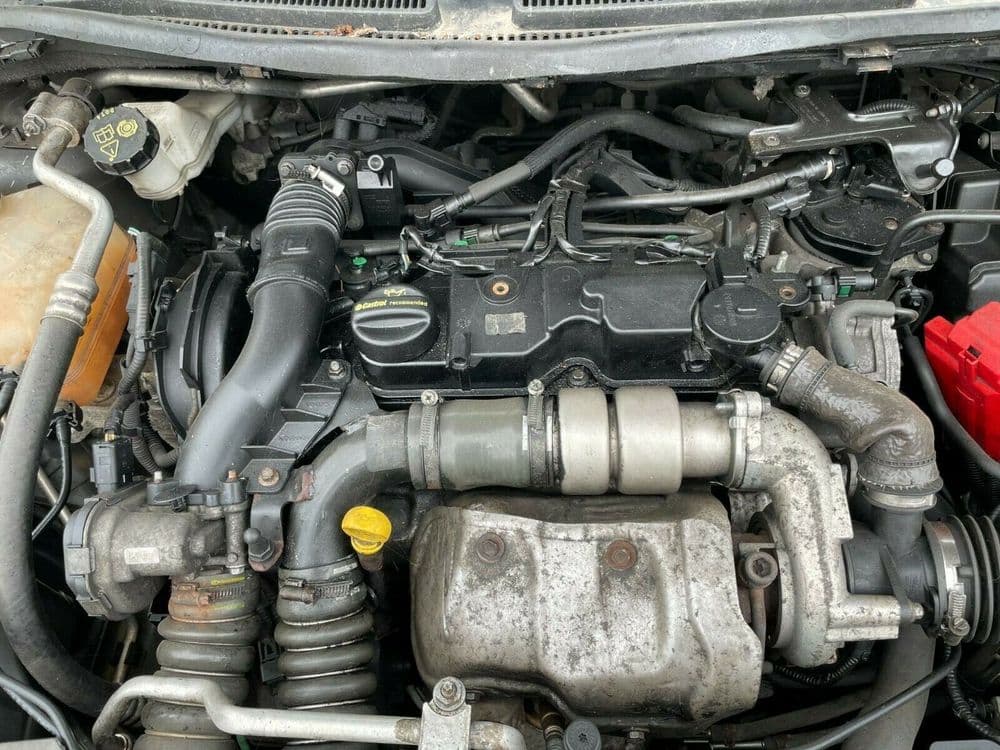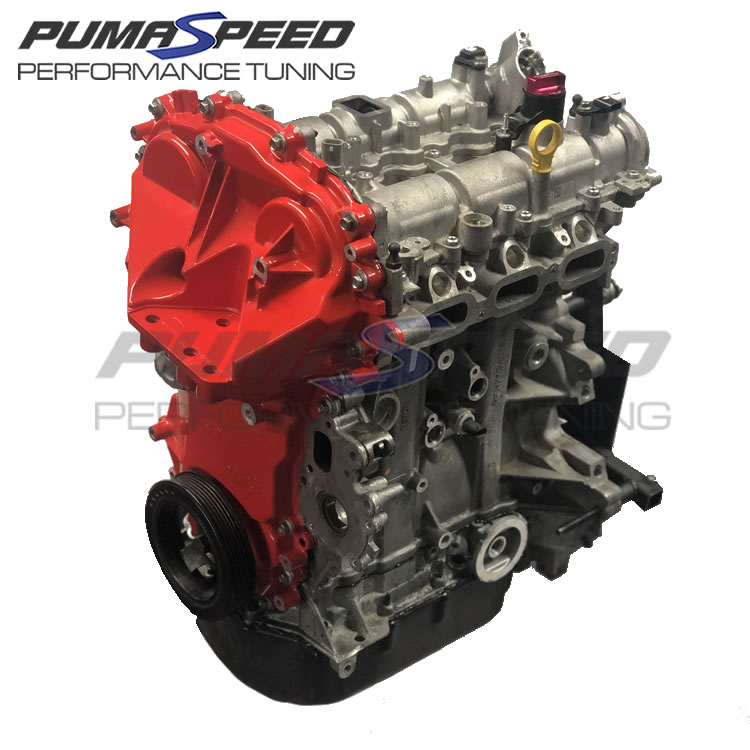How a Ford Fiesta Engine Tune-Up Can Improve Your Car’s Performance
Opening the Power of Engines: A Comprehensive Guide to Efficiency and Effectiveness
Understanding the intricate mechanics of engines is critical for both efficiency enthusiasts and day-to-day drivers. The responses might redefine our approach to engine performance and efficiency in means that are both enlightening and vital.
Understanding Engine Basics
What constitutes the fundamental technicians of an engine? At its core, an engine is a maker developed to convert gas right into mechanical power through a collection of regulated explosions or burning procedures.
The crankshaft then transforms this straight movement right into rotational power, which ultimately powers the car. The camshaft controls the opening and closing of the shutoffs, regulating the consumption of air and fuel and the expulsion of exhaust gases. In addition, the engine depends on a carefully adjusted fuel-air mixture, ignition system, and cooling down system to guarantee optimum performance and efficiency.
Recognizing engine basics additionally includes identifying the importance of engine cycles, such as the four-stroke cycle, that includes intake, exhaust, power, and compression strokes. Each stage is crucial in making sure the engine functions efficiently and efficiently. Proficiency of these fundamental auto mechanics lays the foundation for exploring extra complex engine dynamics and performance metrics, crucial for optimizing both power outcome and effectiveness.
Trick Performance Metrics
Secret efficiency metrics are essential for assessing an engine's performance and power outcome, supplying beneficial insights for both producers and customers. These metrics function as criteria for engine performance, allowing for educated decisions in investing in, style, and production.
Among the key metrics is horsepower, which quantifies the engine's ability to perform work over time. Torque, measured in pound-feet, is an additional important metric that suggests the engine's rotational force, directly affecting acceleration and towing capacity. Fuel efficiency, typically measured in miles per gallon (MPG) or litres per 100 kilometers (L/100km), examines just how successfully the engine transforms fuel into activity, influencing ecological considerations and operational expenses.
Furthermore, thermal effectiveness steps how well an engine transforms fuel energy right into valuable job, exposing insights into energy losses mainly with warm. Emission degrees, including CO2 and NOx, are also crucial, reflecting the engine's ecological effect and conformity with regulatory criteria.

Tuning Techniques for Effectiveness
Tuning techniques play a considerable function in improving engine performance by maximizing efficiency metrics recognized in earlier conversations (ford fiesta engine). Various approaches exist to make improvements an engine, each adding to boosted gas economy and reduced emissions
One efficient strategy is readjusting the air-fuel proportion, making sure the engine runs within the optimum burning routine. A leaner blend can improve fuel effectiveness, yet it has to be stabilized to avoid misfires or engine knock. Furthermore, reprogramming the engine administration system can recalibrate criteria such as ignition timing, which even more improves efficiency while keeping power outcome.
One more vital strategy entails changing the intake and exhaust systems. Upgrading to high-performance air filters and exhaust headers can lower back pressure, helping with much better air flow. This allows the engine to take a breath even more freely, leading to boosted burning effectiveness.
Additionally, the implementation of innovative tuning devices, like dyno testing, offers accurate data that makes it possible for targeted modifications. On a regular basis keeping an eye on these performance metrics makes sure that adjusting efforts produce the preferred performance results. Jointly, these methods not just reinforce engine performance however also add to long-lasting sustainability in engine operations.
Upkeep for Optimal Efficiency
Regular engine upkeep is necessary for achieving optimal performance and longevity. A properly maintained engine not only runs effectively yet also lessens the risk of expensive fixings and breakdowns. Secret parts requiring routine focus include oil, filters, belts, useful site and ignition system.
Altering the engine oil at advised intervals is important, as oil lubes moving parts and stops overheating. In a similar way, replacing oil and air filters guarantees that impurities do not harm engine function. Ignoring these elements can bring about reduced efficiency and prospective engine damages.
In addition, evaluating and changing used belts and pipes is vital to avoid unexpected find out this here failings. Timing belts, in specific, must be changed according to the supplier's routine to prevent disastrous engine damages.
Ignition system must additionally be examined and changed as needed, given that they play a vital function in ignition and gas effectiveness.
Future Trends in Engine Technology
Welcoming developments in technology, the future of engine layout is poised to reinvent efficiency and performance throughout numerous applications. Hybrid and completely electric powertrains are ending up being increasingly conventional, using decreased emissions and boosted fuel performance.
In addition, advancements in materials science are bring about lighter, stronger parts that improve engine efficiency while decreasing power consumption. Advanced manufacturing strategies, such as 3D printing, enable for the production of complex geometries that enhance airflow and thermal monitoring, therefore optimizing combustion procedures.
Additionally, the integration of artificial knowledge and artificial intelligence is readied to change engine diagnostics and efficiency adjusting. These technologies can examine large quantities of data in real time, making it possible for anticipating upkeep and tailored performance enhancements.
Conclusion
In conclusion, unlocking the power of engines requires a thorough understanding of their technicians and performance metrics. Applying effective tuning methods and adhering to routine maintenance practices considerably enhance engine abilities. As the automotive landscape develops, accepting future trends in innovation, consisting of electrification and advanced production, will be essential for enhancing performance and performance. This thorough strategy not only advantages enthusiasts however likewise contributes to lasting remedies in the world of vehicle engineering.
In addition, the engine counts on a very carefully adjusted fuel-air mixture, ignition system, and cooling down system to guarantee optimal performance and performance.
Recognizing engine fundamentals likewise involves identifying the significance of engine cycles, such as the four-stroke cycle, which includes consumption, power, exhaust, and compression strokes. Mastery of these fundamental technicians lays the groundwork for discovering a lot more complex engine characteristics and efficiency metrics, essential for enhancing both power output and effectiveness.

Accepting improvements in modern technology, the future of engine layout is positioned to reinvent efficiency and effectiveness across various applications.